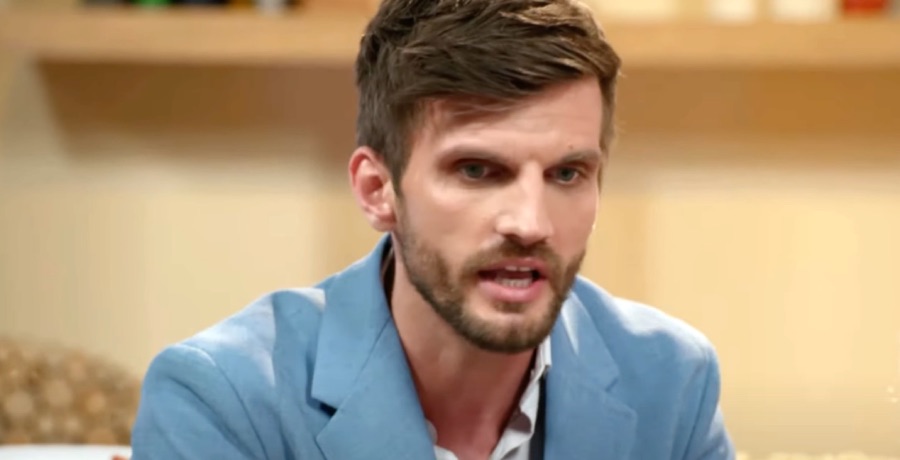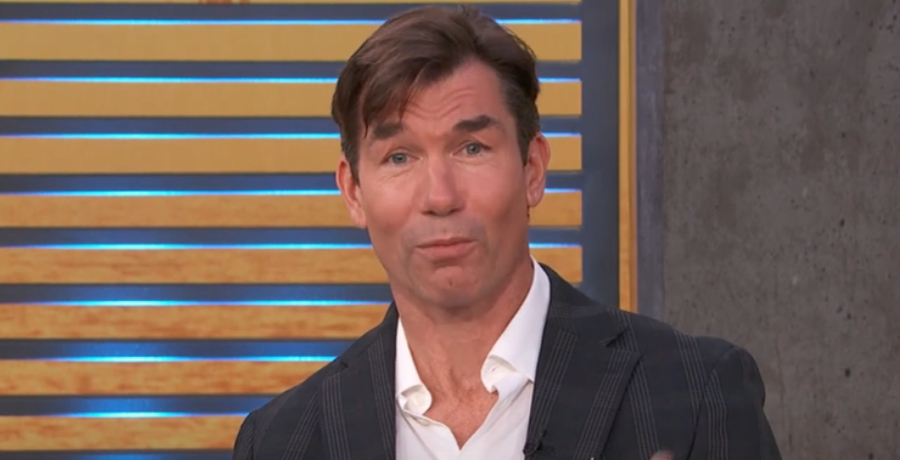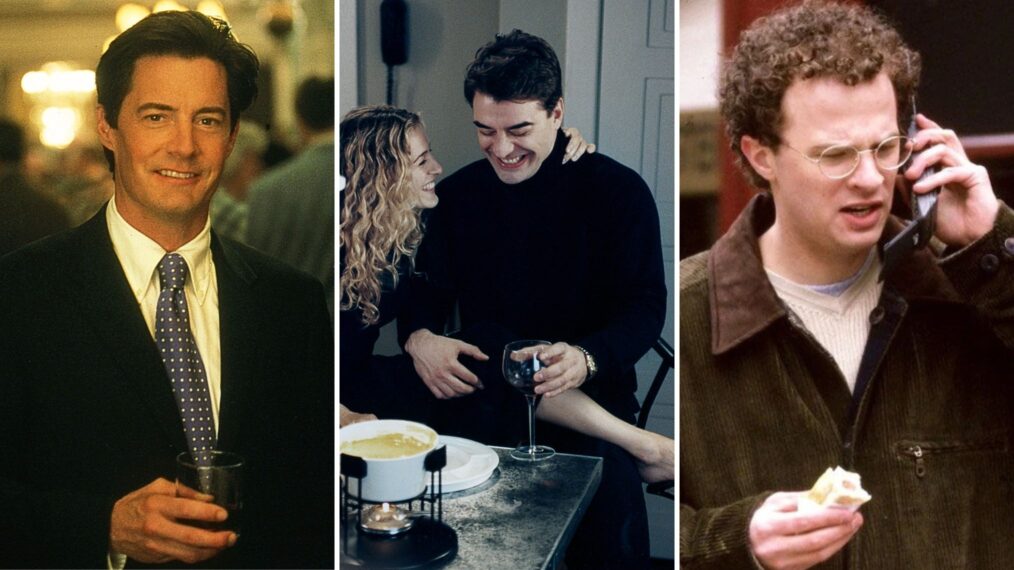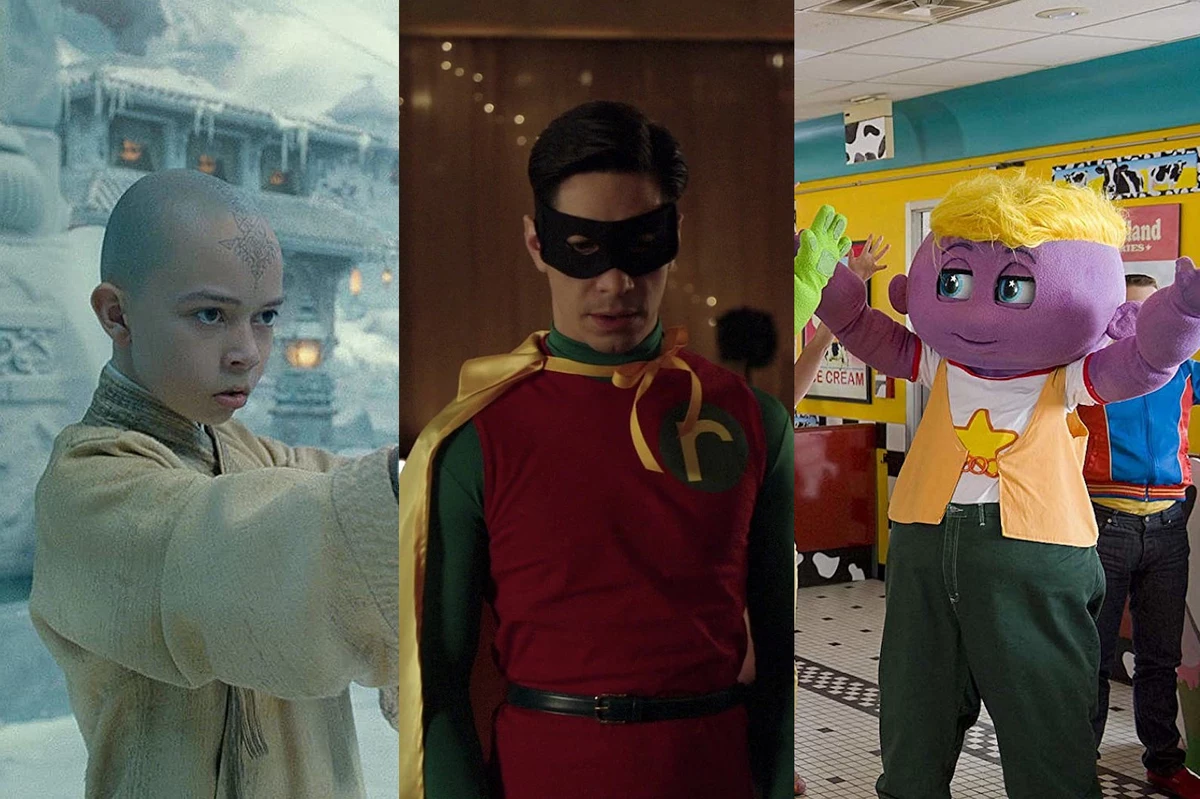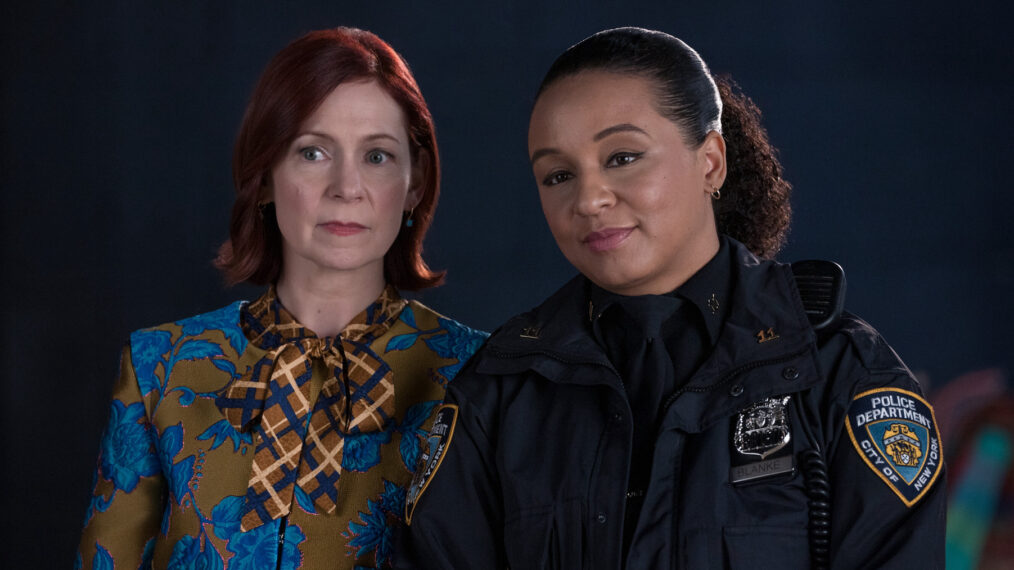A few hours before this interview, Mothica uploaded a new video to TikTok. Soundtracked by TEARS, the lullaby-esque closing track on her new album, NOCTURNAL, it sewed together a montage of her many achievements since she became a TikTok sensation two years ago. From playing Lollapalooza to starting her own label imprint, Heavy Heart Records, and making her dark, dreamy pop vision a reality, life has become a whirlwind for the singer, whose real name is McKenzie Ellis. And the pinch-me moments just keep coming. “Recently I got to do a session with Mike Shinoda, and I had dinner with him and his children and his wife at their house,” she says while shaking her head, revealing the Linkin Park producer and rapper had hit her up for a collab after hearing her recent single, “SENSITIVE.” “The fact that artists I look up to would even consider me to be in their orbit really makes it feel real.”
Mothica had been releasing her music — a boundary-pushing blend of emo-tinged gothica and life-affirming pop — since 2014. But it wasn’t until June 2020, when she went viral with a clip of herself reacting to the masters of her track “VICES,” that her ascension really kicked into gear. Within the week, she had gained hundreds of thousands of new followers on TikTok while, on its release, the song would climb to No. 2 on the iTunes pop chart — one place above Harry Styles. Currently, the clip video sits at 5.3 million views. Her debut album, Blue Hour, which candidly explored her personal experiences with depression, sexual assault and addiction, landed two months later and was promptly devoured by a hungry audience who found solace in her lyrics. “I’ve had fans come up to me outside after shows, crying, and tell me which song connected to them,” she says. “I understood that I’m an alcoholic and have depression from listening to music. Whether I’m doing that for someone else or not, it is super gratifying to know my song could be some kind of tool for them.”
Read more: Mothica says resilience lies at the heart of her music
Speaking over Zoom from her living room in LA, which, with its monochrome color scheme, is projecting serious Tim Burton vibes, and drinking a can of Red Bull, today she describes the process of making that album as “therapy.” In comparison, her second record, Nocturnal, represents a transition. She started writing the new material almost immediately after the release of Blue Hour, although the long two-year process wasn’t due to any kind of COVID-19-related delay — she just couldn’t stop writing more songs. (“At the moment, I’m writing for my next EP and my next album,” she says. “I know, I need to be stopped.”)
Having got most of the things she wanted to say off her chest on Blue Hour, it finds her “fully planted” and “empowered,” in control and ready to embrace a new era of Mothica. Accompanied by ambitious, conceptual music videos and a cast of characters (a cute, furry “moth man” narrates the album’s interludes), with this album she wanted to build a new world to run free in. “There were a few songs I wrote for Nocturnal that were pretty emotional that were too baring for me to include,” she admits. “I wanted there to be this whimsicalness to the music. I’ve always had bigger dreams for the music video narratives, too, storylines that were separate from myself.”
[Photo by Aurelia]
AS SUCH, NOCTURNAL is the album Mothica always wanted to make, but it’s taken a long time for her to reach this point. Yesterday, she celebrated three years sober, and Nocturnal is further proof of how far she’s come. Growing up as a single child in Oklahoma, she had struggled to fit in at school, until, aged 13, she joined a youth group made up mostly of alternative kids. Surrounded by emos, metalheads and skaters, finally, she felt like she had found a place she belonged, although it was there, she would reveal later, that she was allegedly groomed and sexually assaulted by her youth pastor.
“That’s not the reason I became an addict,” she says today, becoming tearful. “But I think it made me really want to rebel and go as far in the opposite direction.” That year, she started drinking, taking cocaine for the first time when she was 14. At 15, she tried to kill herself by jumping in front of a car going at 40 miles per hour. The collision snapped her femur in half, and she had to learn to walk again. Laid up in a hospital, she finally found the strength to tell her mother about the alleged assault. “For a long time, I carried that guilt that I’m damaged goods and I’m going to be this heathen or whatever,” she continues. “Now, for the first time, being sober, I feel so much sadness and pain for me as a child. I thought I had grown up too soon.”
Read more: Harry Styles and Florence Pugh’s cozy neighborhood has a dark secret in Don’t Worry Darling trailer
Ellis made the decision to stop drinking in March 2019, although she hit rock bottom a few months before that. “I had gotten so intoxicated that I stabbed myself in the leg,” she reveals, explaining that, at the time, it seemed like the only way she could really demonstrate to an outsider how much she was suffering. “Purely in my head, I was like, ‘This is how I’ll go to rehab.’ In my drunken state, I never thought I could just say I needed help.” That year, she joined a recovery program. “That’s what helped me, and I haven’t drunk since then. Before that, I would try and talk myself out of it so much. I’d read books and trick my brain into [thinking], ‘Well, maybe if I can just think about it differently, maybe I can drink normally.’ Now I don’t think I will or ever want to drink again. I don’t think moderation is on the cards for an addict like me, but your ego tricks you, and you think, ‘No, I can control myself.’”
On her forever fifteen EP, which she released in 2021, she finally felt ready to talk about the alleged assault. “buzzkill,” which she wrote about the abuse of power in general, specifically addressed what had happened when she was 13, including the lyrics; “Holy motherfucker, do you have something to say?/’Cause this is the beginning of the price you’re gonna pay/I won’t keep your secrets now/You can’t keep my volume down.” Writing the track, she says, enabled her to release the pent-up churn that had built up inside her for over a decade. Her pain had turned to anger, and strength. “I felt like I had this emotional baggage, and I could flip that why am I carrying around this baggage of what you did. You’re the person who should be living with this, not me.”
Later that year, she wrote a blog post on Medium, naming her abuser, alongside his picture. “When I was writing ‘buzzkill,’ I was really angry. I sent him a text and was like, ‘Are you still hanging out with middle schoolers?’ and he called me,’” she recalls. “I asked, ‘Are you a pedophile? Why did this happen? Does your wife know about this?’ I was like, ‘I’m putting your face and name out there because I didn’t share it for so many years.’” Speaking publicly about her experience, she says, was freeing. “He seemed to have a lot of guilt and feel bad, but I just don’t have any sympathy.”
[Photo by Aurelia]
REPRESENTING A NEW CHAPTER in her life, Mothica describes Nocturnal as “equal parts hopeful and heavy”; getting sober has given her the confidence to innovate and experiment with the sonic and visual ideas that she had spent years meticulously pasting onto mood and idea boards. Inspired equally by hyperpop figureheads Rina Sawayama and Charli XCX, as much as artists such as Poppy and Bring Me The Horizon who are pushing heavy music across boundary lines, the album sees her lyrically and sonically navigate a surreal, twilight-charged landscape, while sleep tape-inspired interludes break up the music. “I have genuinely been to sleep doctors. I have a lot of lucid dreams and sleep paralysis,” she says of the insomnia that’s plagued her for almost seven years on and off. At night, she would frequently see an ominous figure in her room, accompanied by a sense of terror, although now she has trained her brain to recognize what’s happening. “At one point, I thought it might have been because when I was still drinking,” she continues. “I was also using uppers, amphetamines and ecstasy, and there’s been some articles about how that could mess up the connections between your brain and sleep. Hopefully I didn’t completely rewire my brain.”
Concepts aside, on this record she wanted to experiment sonically, working with numerous different producers who were able to “translate my brain.” “I always come in with a song title and a production idea in mind,” she says. “[Like], what if that was underwater? I’ll always describe distortion as sparkling water, like Perrier is really harsh bubbles and San Pellegrino is light fizz.” This time around, she wanted to mesh genres to create something truly cutting edge and futuristic, staking her place among a “nü gen” wave of artists, including Poppy, Dana Dentata and Cassyette, who are playing with sounds and molding heavy music into new shapes. “It’s becoming harder and harder to classify genres,” she reasons. “Now the artist is becoming more important. [Fans want to go to] an artist for their music and not know what they’re going to get.”
Read more: Slipknot’s new “The Dying Song (Time To Sing)” is the soundtrack to end times
Building on Ellis’ obvious knack for a hook, this is her best collection of tracks yet. No song sounds the same while the anthemic choruses shine through. On the title track, gleaming pop gives way to a grimy electronic breakdown. “SENSITIVE” pulses slowly with throbbing Billie Eilish-esque bass, while “THE RECKONING,” which features Polyphia guitarist Tim Henson, segues between hyperpop and disgustingly dirty industrial drops. “I love when a song switches up, so I wanted to see what a Mothica song would song like if I tried to take on these different genres at once,” Ellis explains. “I will always use dark imagery and a rock influence in everything, even if it’s not a straight rock song, because that’s what I grew up on. I’m trying to find a way to Mothify it.”
While she hasn’t wanted to immerse herself in the emotional turmoil of her earlier material, she admits those experiences are a symbiotic part of the music. “BLOOD,” which combines twanging lap steel guitar with chunky, sludgy riffs, is “about how vampires become vampires because they’re bitten by other vampires and how that relates to me being toxic because I have these residual behaviors from when I was manipulated.” Meanwhile, the hard rock of “CASUALTY,” which evokes amo-era Bring Me The Horizon, has forced her to reconsider her live show. “I don’t consider myself a rock star. I’m not onstage busting out moves and jumping around. I feel like I’m a little more awkward and bumbly and trying my best. When playing the new songs, I’ve been like, ‘Oh, I need to up my energy.’”
Looking back, she credits music for pulling her through the darkest period of her life. There had become a point when her drinking had dulled her creative edge. “I have always had all these ideas. I had a list of all these dreams of mine, and the reason why I wanted to stop drinking was I’d show people my art from years and years ago, and I wasn’t making new things I was proud of,” she says, explaining that she had become lost in a pattern of boundless ambition but stagnant inaction. “I was like, ‘When am I going to actually start doing the things I say I want to do?’” When asked how becoming sober has changed her life, there is no hesitation: It’s allowed her to become the artist she always knew she could be. “This album is so much more involved, and you have to be pretty organized to think about that,” she says. “Blue Hour was written from the time I was two days sober. Actually, I was still drinking when it came out. I have so much more energy and so much more of my brain to give that isn’t hungover and in a really dark place. It changed the way I make music and art.”










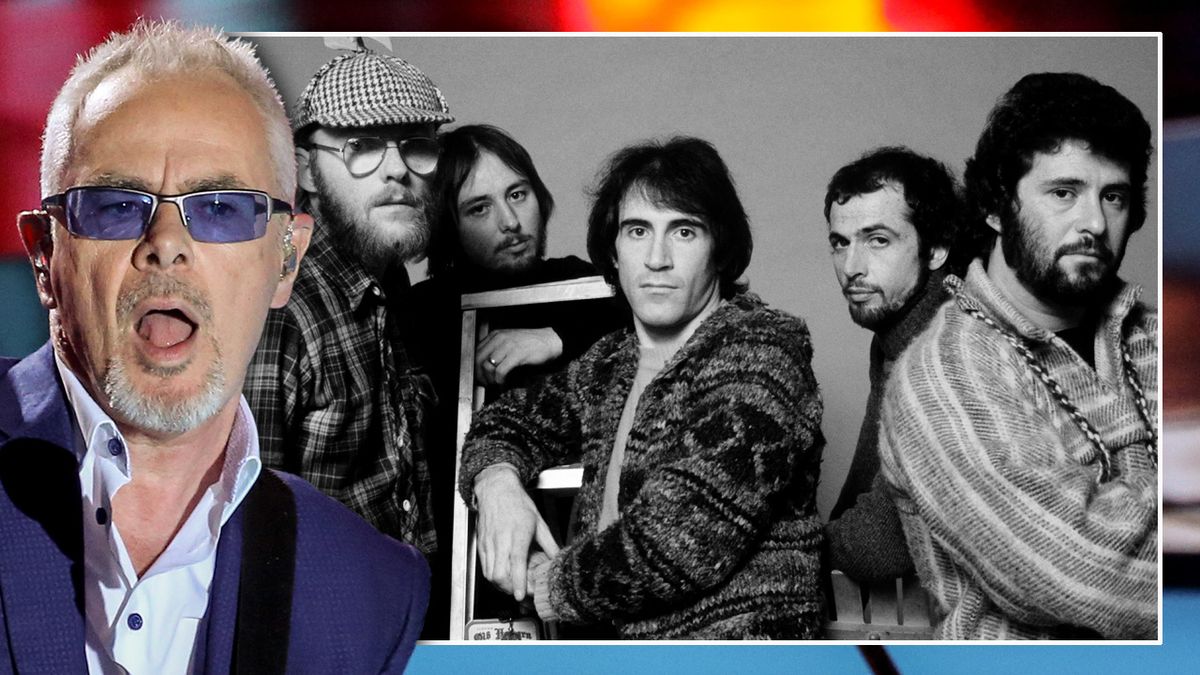


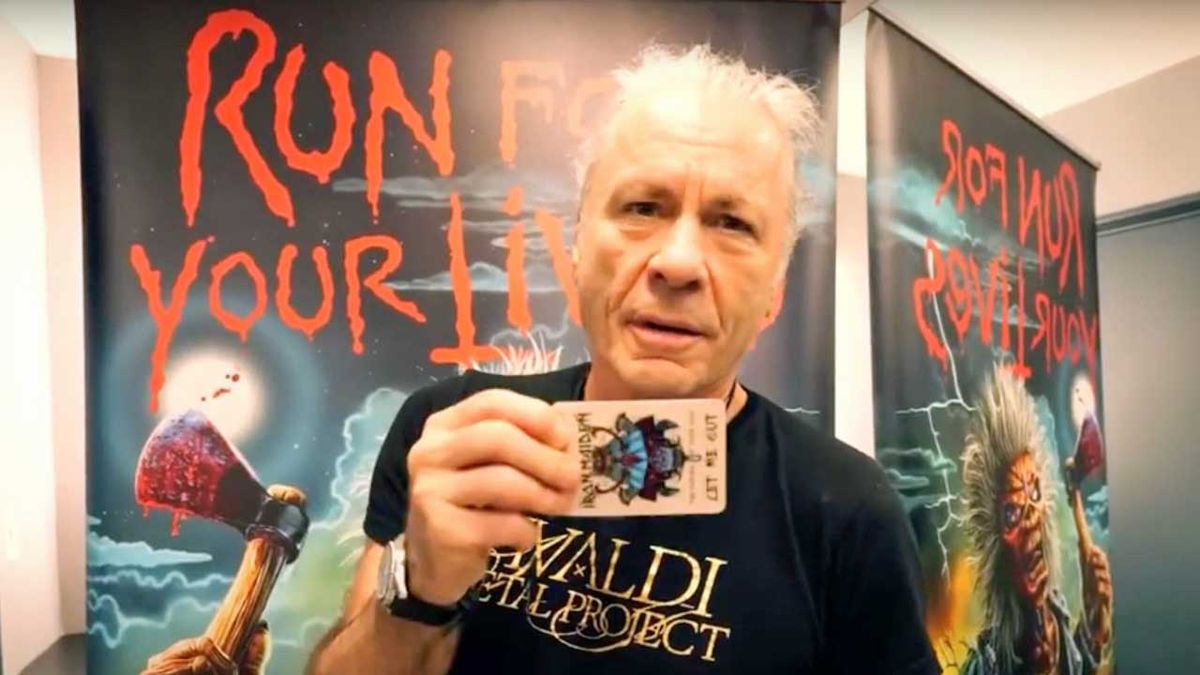

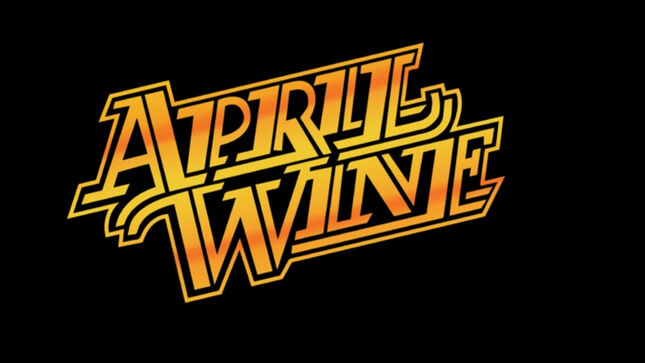
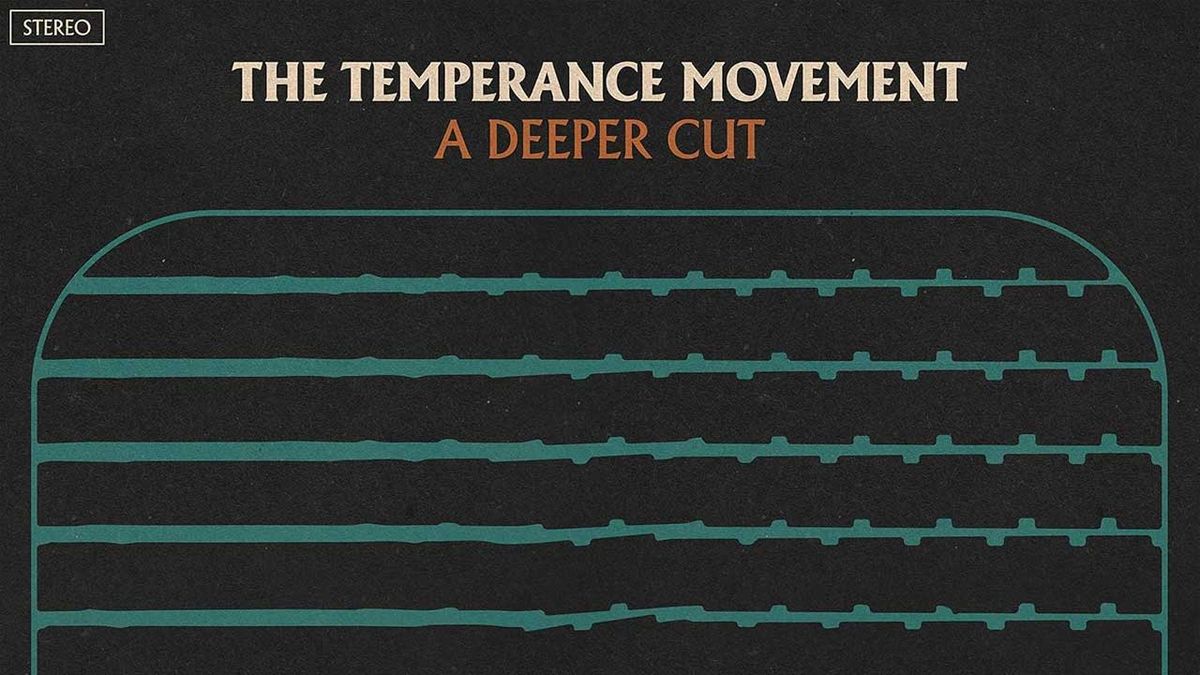

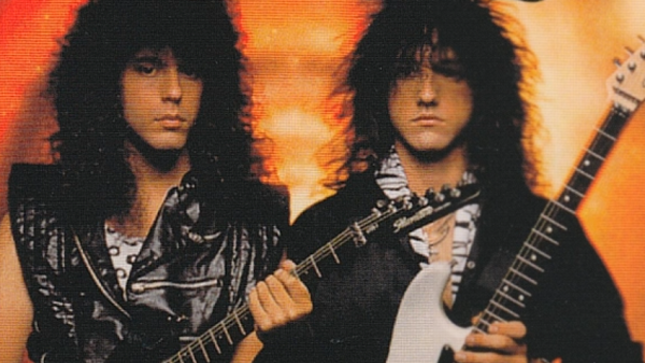










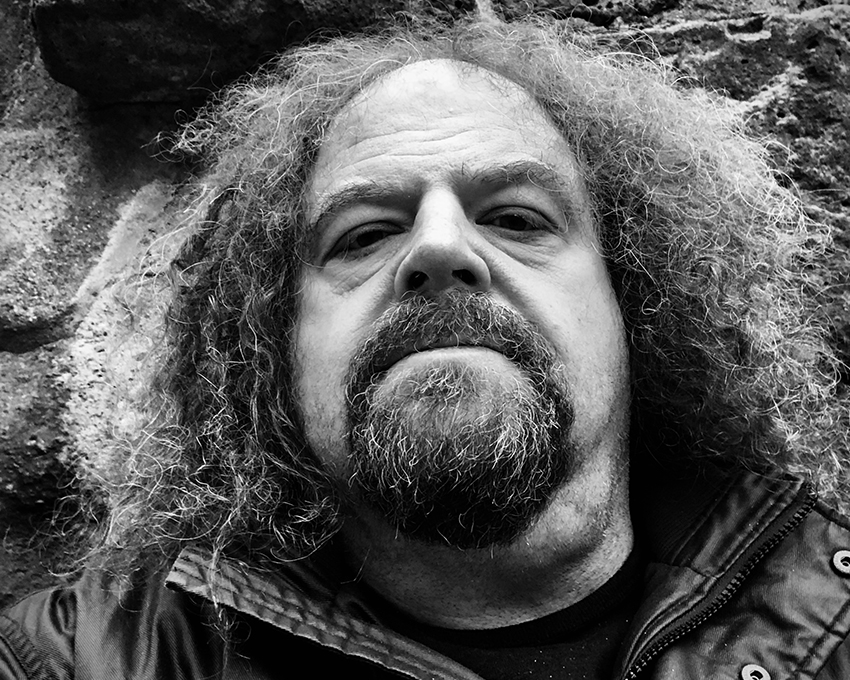
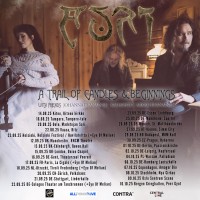








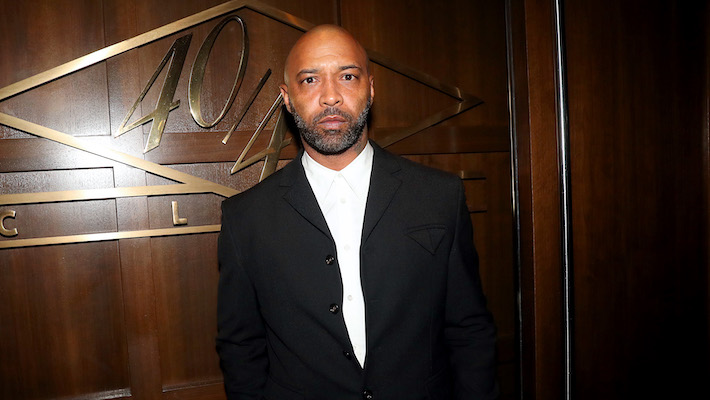



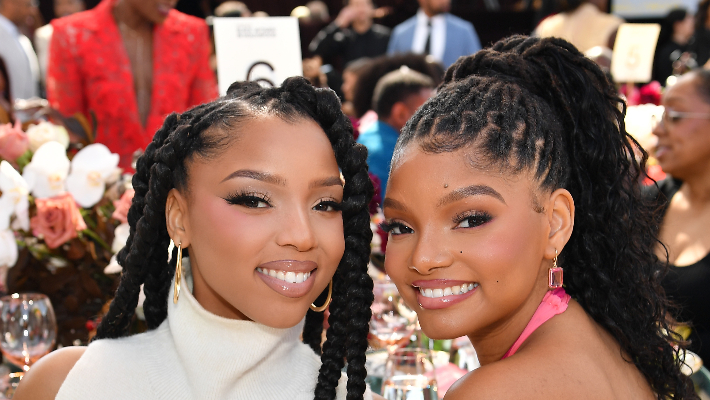



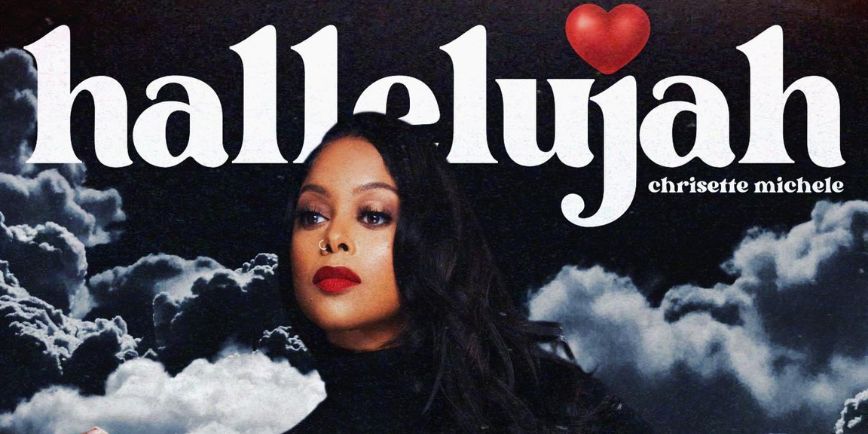
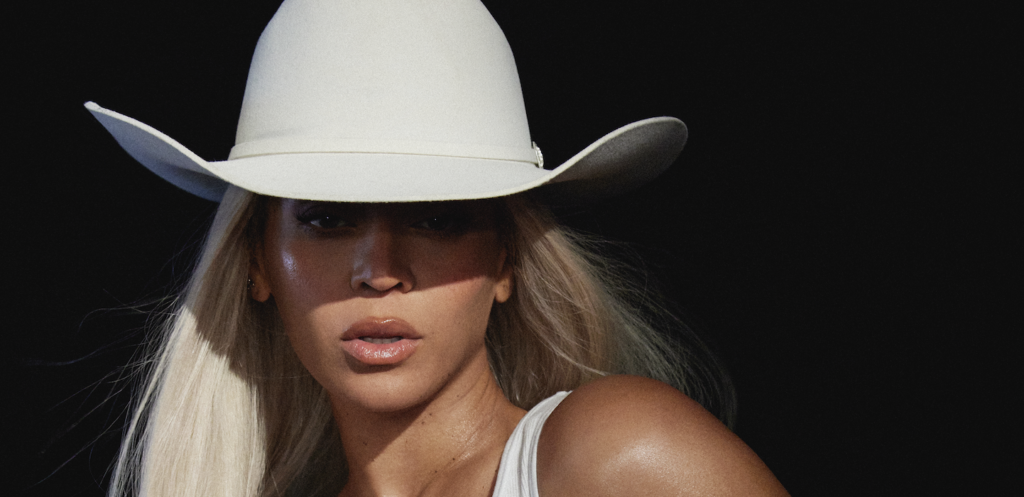
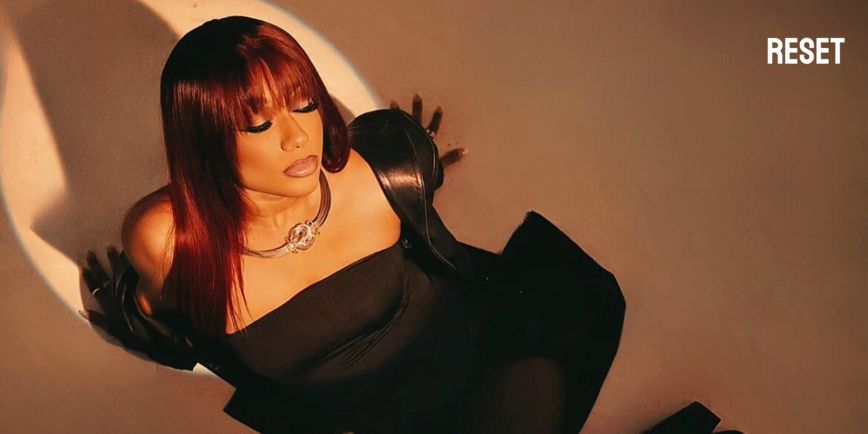
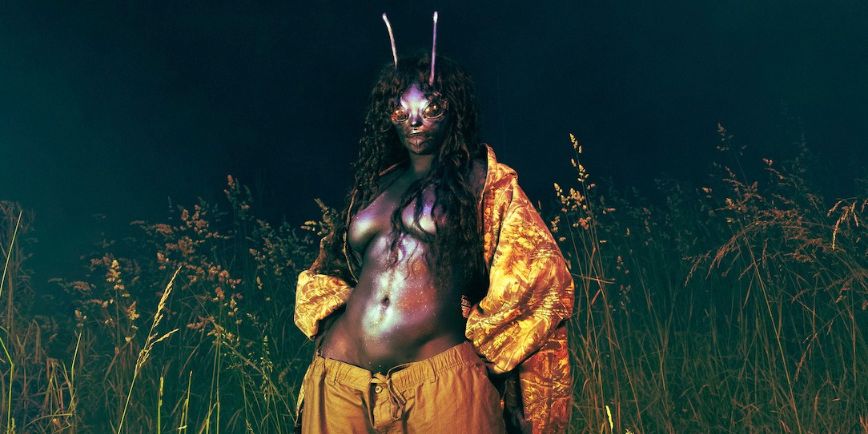
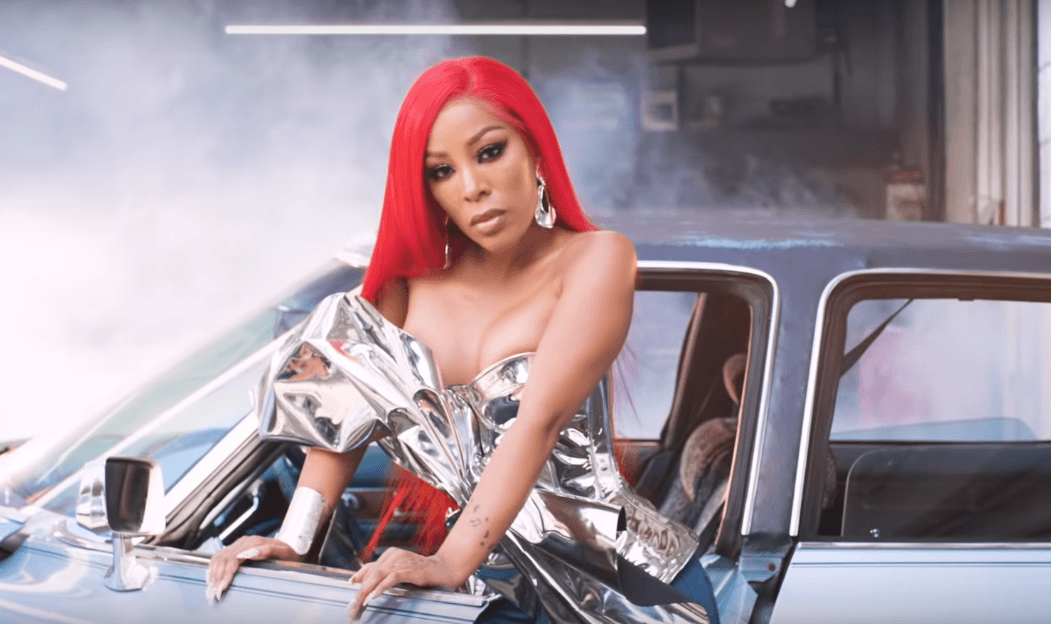
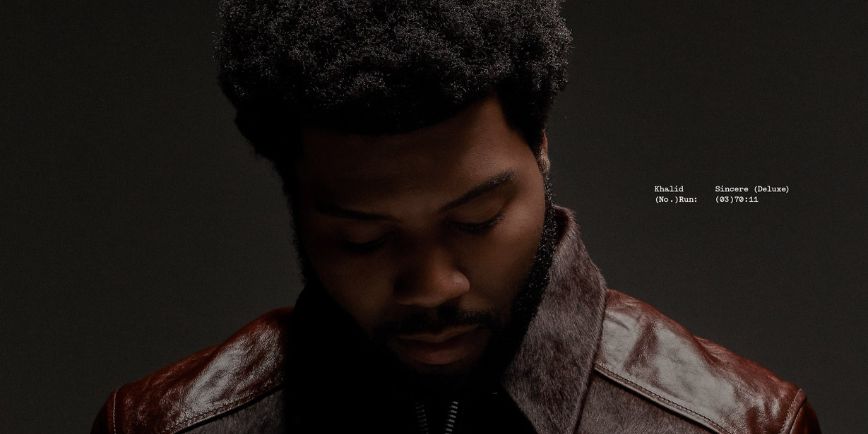
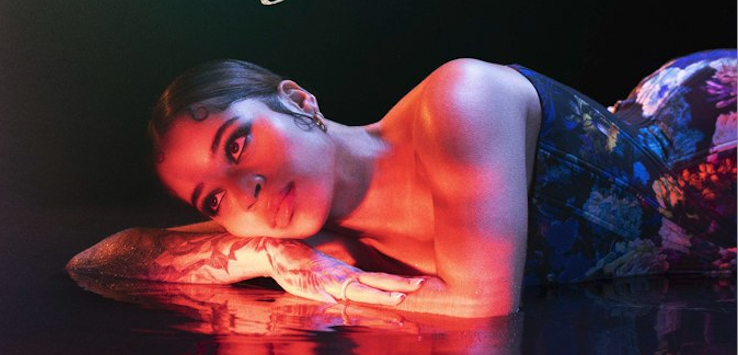











![[VEVO] – Roasted Nuts – Dj Rik (Re-released) [VEVO] – Roasted Nuts – Dj Rik (Re-released)](https://i.ytimg.com/vi/tdcex44sMYk/maxresdefault.jpg)















